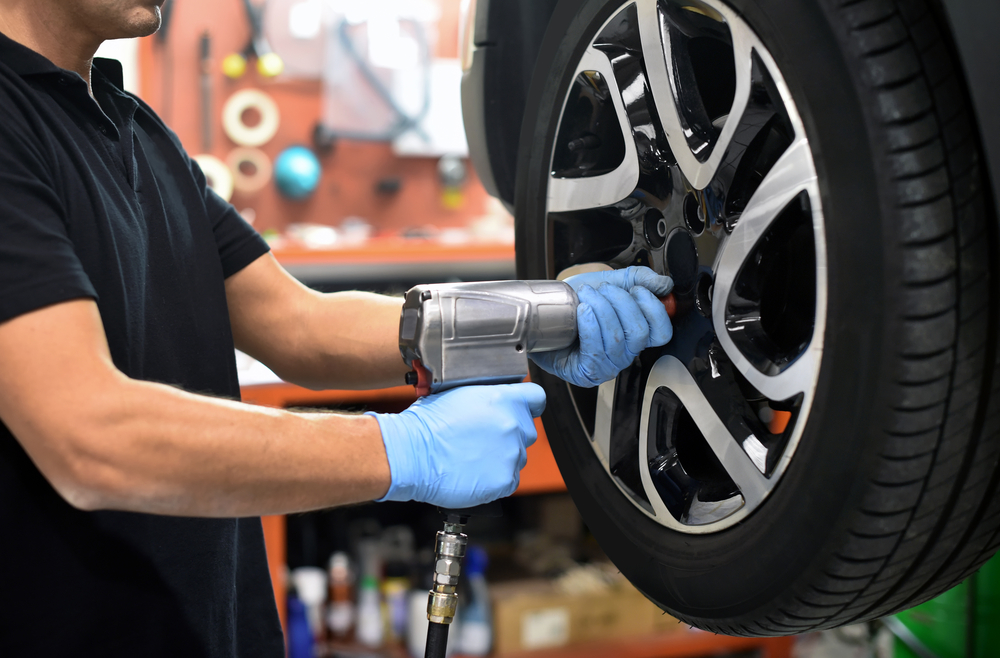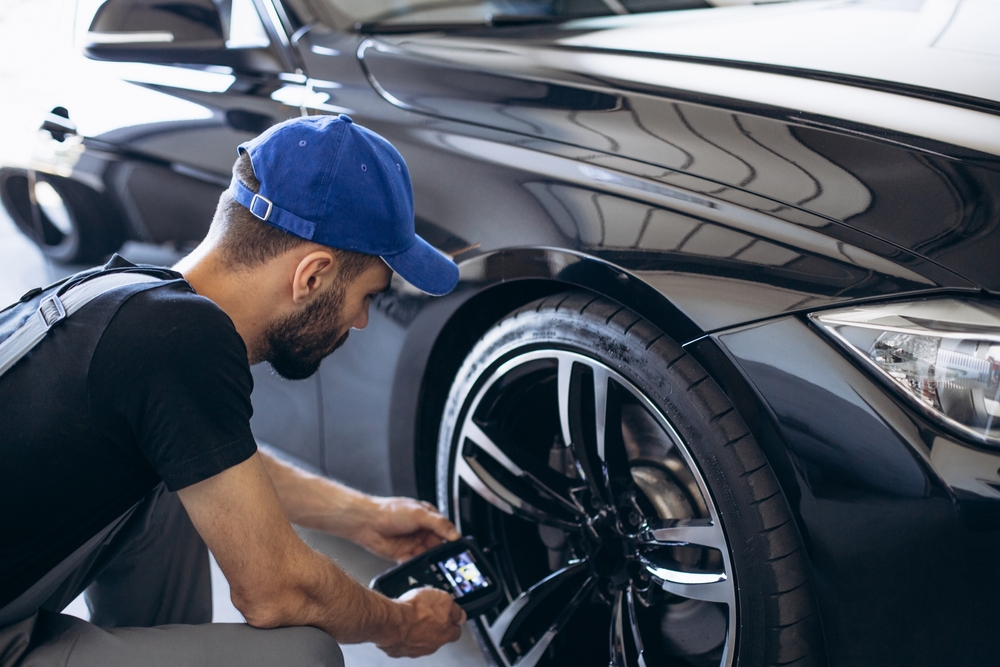Owning an exotic sports car is a dream for many, but it’s important to be aware of the hidden costs that come with it. Beyond the hefty price tag, there are numerous expenses that can catch new owners off guard. From maintenance to insurance, here are 15 hidden costs of owning an exotic sports car you need to know.
Contents
Maintenance and Repairs

High-end parts and specialized labor make maintenance and repairs extremely costly for exotic sports cars. These vehicles often require unique components that are not mass-produced, driving up the price. Additionally, finding mechanics with the expertise to work on these high-performance machines can be challenging and expensive, leading to higher service fees.
Insurance Premiums

Insurance premiums for exotic sports cars are significantly higher due to their high value and performance capabilities. Insurers consider these vehicles a greater risk for theft and accidents, leading to increased rates. Comprehensive coverage is often necessary to protect the investment, adding to the overall cost of ownership.
Depreciation

Exotic cars tend to depreciate quickly, leading to significant losses in resale value. Unlike more common vehicles, the market for used exotic cars is smaller, and their value can drop dramatically after purchase. This rapid depreciation can result in a substantial financial hit when it’s time to sell.
Fuel Costs

High-performance engines in exotic sports cars typically require premium fuel and consume it at a faster rate. These engines are designed for power and speed, not fuel efficiency, meaning owners will spend considerably more on fuel compared to standard vehicles.
Tire Replacement

Performance tires for exotic sports cars wear out faster and are more expensive to replace. These tires are designed for maximum grip and handling, which means they tend to have a shorter lifespan. Additionally, their specialized nature often results in higher prices compared to regular tires.
Storage Fees

Storing an exotic sports car in a secure, climate-controlled facility can add up. These cars require protection from the elements and potential theft, necessitating high-end storage solutions. Monthly fees for such facilities can be substantial, contributing to the overall cost of ownership.
Registration and Taxes

Luxury and high-performance vehicles often have higher registration fees and taxes. The value and rarity of these cars typically result in increased state and local fees, which can be a significant hidden cost.
Customization and Upgrades

Adding personal touches or upgrading components on an exotic sports car can be surprisingly expensive. Custom parts, specialized labor, and high-quality materials all contribute to the high cost of modifications. Owners often find themselves investing significant sums to achieve their desired look or performance level.
Detailing and Cleaning

Regular professional detailing is often needed to maintain the appearance of an exotic sports car. These vehicles require more than a standard car wash to keep them in pristine condition. Professional detailing can be costly, but it’s essential to preserve the car’s value and aesthetics.
Specialized Tools and Equipment

Maintaining or repairing an exotic car might require unique tools that are not used for standard vehicles. These specialized tools can be expensive to purchase or even rent, adding another layer of cost to ownership.
Warranty Costs

Extended warranties for exotic cars are costly but often necessary to cover expensive repairs. Given the high cost of parts and labor, having an extended warranty can provide peace of mind but comes at a premium price.
Licensing and Inspection Fees

More frequent and stricter inspections can increase costs for exotic sports cars. These vehicles may require special licensing and undergo more rigorous inspections to ensure they meet safety and emissions standards, leading to additional fees.
Loan Interest

Higher interest rates on loans for exotic cars can lead to significant additional costs. Financing an expensive vehicle often involves larger loan amounts and higher rates, resulting in substantial interest payments over the life of the loan.
Track Fees

If you want to drive your exotic sports car to its full potential, track fees can add up. Renting track time to safely enjoy the car’s performance capabilities can be expensive, but it’s often necessary to experience the full thrill of owning such a vehicle.
Depreciation on Modifications

Aftermarket modifications can reduce the resale value of an exotic sports car. While personalizing the car can be appealing, it often makes it less attractive to future buyers, leading to lower resale prices.
This article originally appeared in MyCarMakesNoise.
More from MyCarMakesNoise
10 Game-Changing Engine Mods to Maximize Power

Enhancing your vehicle’s performance often starts with making radical engine modifications. For both seasoned car enthusiasts and those new to the high-performance scene, understanding key engine upgrades can unlock a car’s full potential. Read More.
13 Luxury Cars That Didn’t Live Up to the Hype

When it comes to luxury cars, expectations are always high. Buyers anticipate top-notch performance, cutting-edge technology, and impeccable design. However, not all luxury vehicles live up to these lofty standards. Read More.
19 Imported Cars That Are Difficult to Maintain in the U.S.

Owning an imported car can be exciting, but maintaining one in the U.S. often comes with its own set of challenges. From scarce parts to unfamiliar mechanics, keeping these unique vehicles on the road can be a daunting task. Read More.














